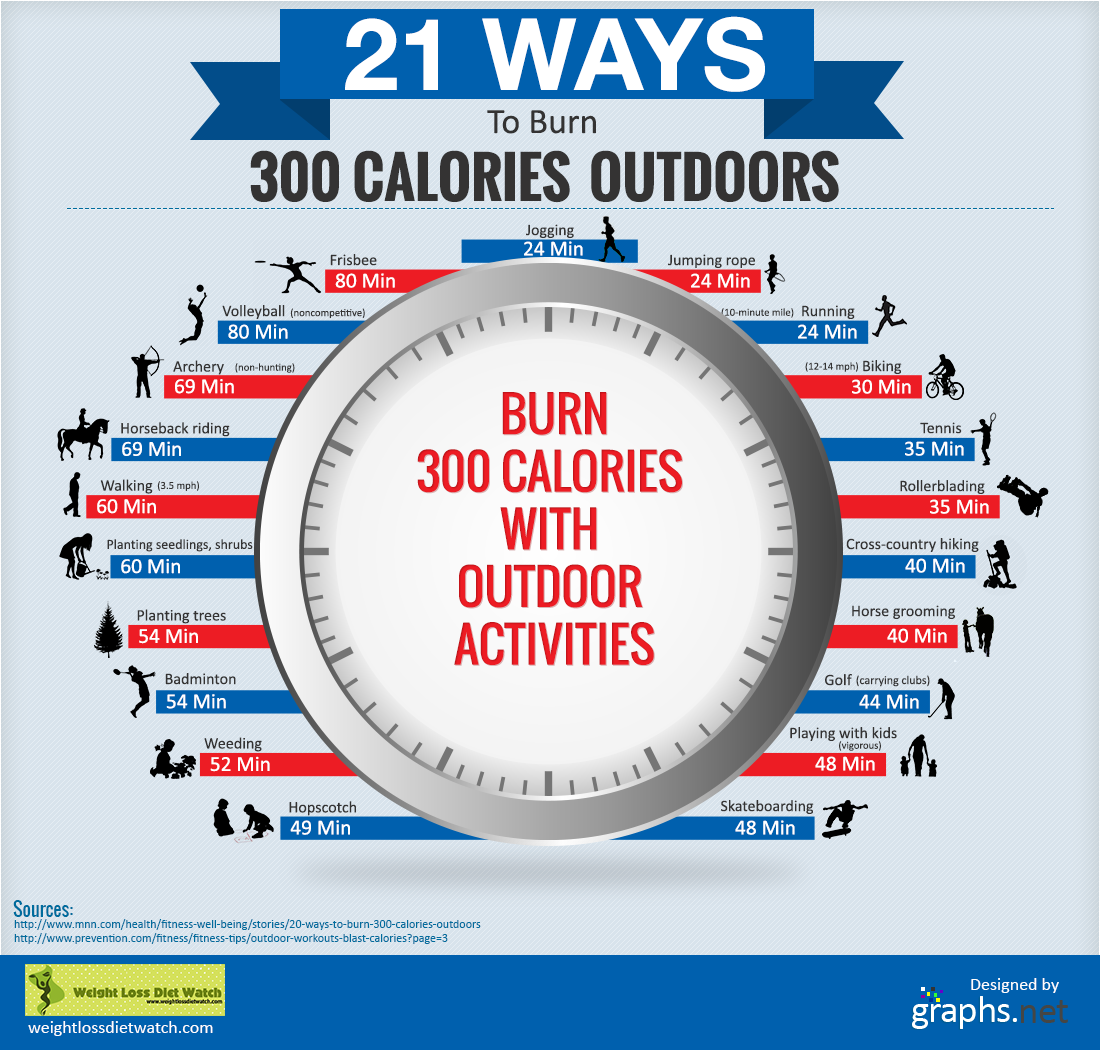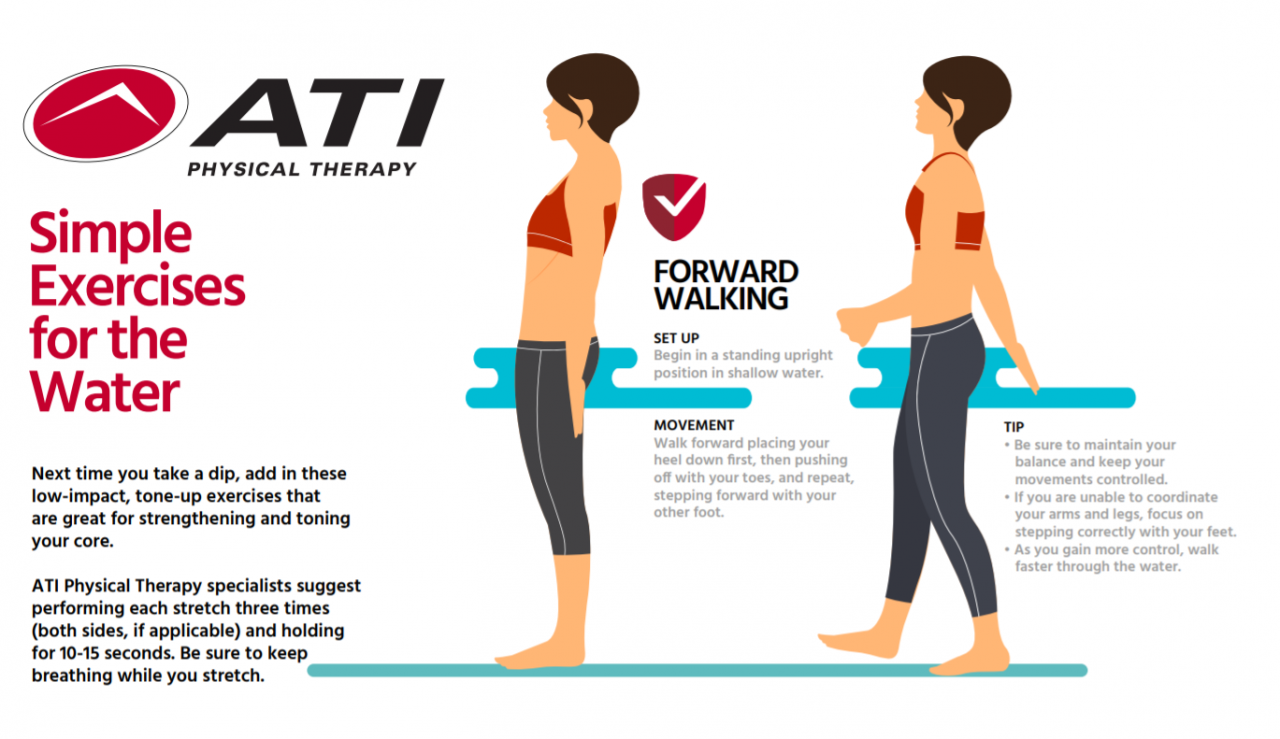
To burn fat in the legs, increase your cardiovascular activity and decrease refined carbohydrate intake. Refined carbs can be found in processed foods like frozen meals and potato chips. Cardiovascular exercise can also help you lose fat elsewhere in your body. This exercise burns tons of calories and will help you remain in a calorie deficit. Then, you can do strength training, including a variety of exercises. Cardio exercises are great for burning fat in all parts of your body, including your legs.
Exercise
Leg exercise to lose fat in legs requires toning the muscles of your legs as well as general changes to your body that can support weight loss. It is possible to reduce the amount of fat in your legs but it is difficult to eliminate all the excess. In order to burn off excess fat, it is important to combine aerobic exercises with strength training. Aerobic exercise is a great way to tone and strengthen your legs while burning fat in general.

Diet
You should eat more fiber and protein to get lean legs. Protein is important for building muscles. You should consume 25 to 35 grams protein and fiber each day. Additionally, eat more fruits & vegetables as they contain high levels of fiber. Eat lean meats, poultry, and fish. Lastly, try to reduce your intake of alcohol and soda. These changes can help you burn 500 calories per day, and give you sexy legs quickly.
Exercise program
Start your exercise program by warming up with cardio to tone your legs. For beginners, you can begin with stationary split squats. By standing next to a balance device, you can improve your form as well as deceleration. Avoid hitting your back on the ground when you jump. Split squats can be performed for between 30-60 seconds after mastering this exercise.
Exercise machines
To lose weight in your legs you can use an exercising machine. Do a few partial sets. This means starting with your legs bent and lowering them down to the bottom position. Once you have completed a few sets, your legs should feel fried. You should use the leg press once a week to reach your goals. But, make sure that you are working hard!
Compound exercises
You have probably heard of compound exercises that help to lose fat in your legs. But, what do they actually mean? Simply put, they are exercises that involve working multiple muscle groups at once, without sacrificing muscle strength. The key to reaping the benefits of these exercises is moderation. You will likely feel exhausted and unable focus on other tasks if you do them all at once. Instead, choose one exercise for each leg and slowly increase the reps and weight until you see significant improvement.

Getting a thigh gap
You can't do specific exercises to get a thigh bulge. Dieting is not the answer because it causes malnutrition and can negatively impact your mental and physical health. Although you can lose weight without having a thigh gap you could be at risk for developing an eating disorder.
FAQ
Why not lose weight before your 40th birthday?
Maintaining health and fitness is the most important thing for people over 40. It is important to stay fit throughout your life. This includes regular exercise, eating well, not smoking, and drinking moderate alcohol.
It is also crucial to recognize the fact that our bodies age. Our bones start to weaken, and our muscles start to shrink. It is possible to slow down the process of aging by taking good care of ourselves.
Staying healthy and fit throughout your life is a great way to keep yourself young. These are some of the benefits:
-
Better Sleep
-
Improved moods
-
Increased energy levels
-
Lower risk of developing cancer
-
A longer life
-
More independence
-
Better sex
-
Better memory
-
Greater concentration
-
Increased circulation
-
Stronger immune system
-
Fewer aches, pains
Is there a difference in intermittent fasting and calorie restrictions?
Calorie restriction means eating less calories than your body requires. Intermittent Fasting is different in that it doesn't restrict calories. Intermittent fasting focuses more on eating fewer calories every day.
Intermittent Fasting is more efficient because you can enjoy the foods you love without feeling guilty.
Both methods have pros and cons. You have to decide which method you prefer.
How long do I need to fast for weight loss?
The answer is not as simple as you might think. For optimal fat loss, you need to take into account many factors. These factors include:
-
Your age. Your age. Intermittent fasting is more difficult for younger people under 40. You have less time to recover each day from fasting. Alternately, if your age is over 60, intermittent fasting might prove too challenging because you may not have enough energy to last for extended periods of time.
-
Your current body composition. If you already have a lot of muscle mass, you'll likely benefit most from longer periods of fasting. You may find shorter fasting more beneficial if your muscle mass is low.
-
How physically active. You may need to increase your fasting time if you exercise often. This will ensure you get enough rest between workouts.
-
Your past health history. People with heart disease, diabetes, and cancer may require extra fasting monitoring.
-
How can you manage stress? Stressful situations often make us eat less. You might need to lengthen your fasting windows in order not to have this problem.
-
It is the type of diet you are following. Certain diets, like ketogenic diets, may require even longer fasting periods.
-
The quality of your sleep. The quality of your sleep is also a factor in increased appetite and decreased metabolism. Therefore, it may take some experimentation before determining what works best for you.
-
The amount of protein you consume. The ability to stabilize blood sugar levels. Eating more protein can lead to lower insulin levels. This will allow you to fast longer.
-
Whether you're trying to gain or lose weight, people who are trying to gain weight usually require longer fasting periods than those who are trying to lose weight.
-
How many calories did you consume during your fasting period? Fasting for fewer calories per days may lead to greater fat loss than fasting with more calories.
-
Your fitness level. The metabolic rate of fast people who are fit is higher, which means they burn more calories each day.
-
Your gender. Men tend to have greater appetites that women, so they may need a longer fast. Women are more likely to have smaller appetites and may need to fast only 20-30 minutes every day.
-
Your lifestyle. Do you get enough physical activity? Are you able to exercise several times per week? Are you a worker who sits at a computer all day? All these factors can have an impact on how much time you should speed.
-
How much money do your spend on food every day? Not all healthy food means you need to spend a lot more on groceries. Whole grains can be substituted for white bread, whole fruits can be purchased instead of candy bars and lean meats over fatty cuts.
-
You need to be able to control your hunger. You might not have to fast as much if your hunger isn't a problem.
Statistics
- According to Harvard Health, it's estimated that a 155-pound (70-kg) person burns around 167 calories per 30 minutes of walking at a moderate pace of 4 mph (6.4 km/h) (5). (healthline.com)
- A 12-week study in 20 women with obesity found that walking for 50–70 minutes 3 times per week reduced body fat and waist circumference by an average of 1.5% and 1.1 inches (2.8 cm), respectively (healthline.com)
- According to Harvard Health, it's estimated that a 155-pound (70-kg) person burns roughly 112 calories per 30 minutes of weight training (5). (healthline.com)
- It's estimated that half of all American adults attempt to lose weight every year (1Trusted (healthline.com)
External Links
How To
9 ways to naturally lose weight
Losing weight is one of the most common problems faced by people worldwide. You can't live a healthy lifestyle if you constantly try to lose weight. While you can lose weight through diet and exercise, it is not permanent.
Today, I'll share natural ways to lose weight that don't have side effects. Let's start!
-
Drink Lemon Water. Drinking lemon water helps to flush out toxins from your body. This drink detoxifies your system and makes you feel energized throughout the day. Consuming this drink each day can help you lose weight.
-
Consume more vegetables. Vegetables have fiber, vitamins minerals, antioxidants, as well other nutrients that are important for our health. Vegetables also give us a feeling full. Eating vegetables can help you lose weight.
-
Increase Protein Intake. Protein is an important nutrient, which plays an important role building muscles. High-protein diets can help you lose weight and build muscle.
-
Green Tea is the best. Green tea has caffeine, which lowers appetite and speeds up metabolism. Thermogenesis, the process by which heat is generated, has been increased by Caffeine. Thermogenesis explains why coffee drinkers are more likely to consume lower amounts of fat than non-coffee users.
-
Take Cold Showers. Taking cold showers can help you burn more calories. Research shows that cold showers can burn up to half as many calories as warm ones.
-
Avoid Alcohol. Alcohol is considered a stimulant and often leads to overeating. It is easy to gain weight if alcohol is consumed frequently.
-
Do Cardio Exercise Daily. Cardiovascular exercise has been proven to reduce weight. It improves blood circulation, energy levels, and keeps people fit. You can participate in walking, jogging, swimming, cycling, hiking, dancing, running, rowing, etc.
-
Avoid skipping meals Small meals spread throughout the day can help to curb hunger pangs. It's better not to skip meals as it can cause fatigue and lackluster concentration.
-
Reduce Sugar Consumption. Sugar can be addictive and negatively affect your mood. Sugar temporarily gives you energy, but once you stop eating sugar you will feel tired and slow.